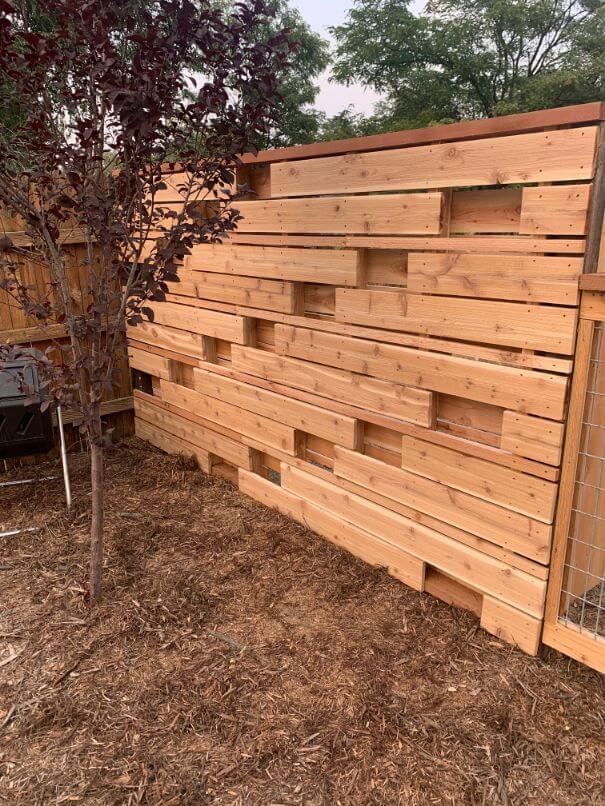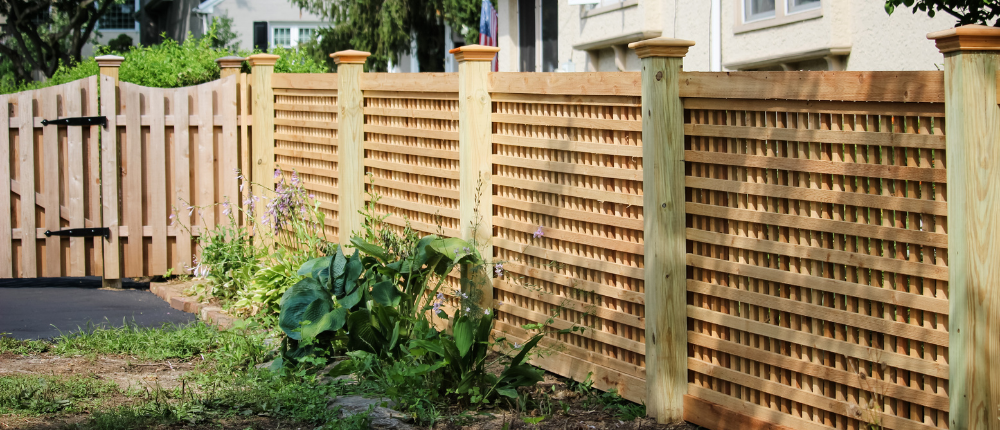All Categories
Featured

When it comes to picking the best secure fencing material for sturdiness, wrought iron stands apart as one of one of the most durable and dependable options offered. Understood for its stamina, aesthetic charm, and ability to hold up against different weather, wrought iron is a preferred option for both residential and commercial residential properties. However exactly how does it compare to various other fence products in terms of durability and efficiency? Allow's take a closer look at functioned iron fencing and how it stacks up versus alternatives like wood, vinyl, and light weight aluminum.
Strength and Longevity of Wrought Iron Fence. Wrought iron is a solid, sturdy material that's developed to last for years, otherwise longer. Unlike lots of various other fencing options, wrought iron can endure severe ecological problems, including extreme warm, heavy rain, and also solid winds. This makes it an excellent choice for residential or commercial properties located in locations with uncertain climate. Due to the fact that it is a steel, functioned iron is not prone to the damage that timber fences commonly experience, such as rotting, warping, or insect infestations.
Resilience: Wrought iron fencings are incredibly tough and can hold up against influences and other kinds of physical stress and anxiety that may harm other materials. When appropriately maintained, they can last for 50 years or more, making them a financial investment that will certainly give long-term value.
Wrought Iron vs. Wood Secure fencing. Wooden fencings, while conventional and aesthetically pleasing, normally need more upkeep and have a much shorter lifespan compared to wrought iron. Timber is susceptible to rot, termites, and weathering in time, all of which can endanger its structural integrity. Furthermore, timber fences may require to be changed or repaired every 10 to 20 years, depending on the environment and the type of wood utilized.
Upkeep: While timber fencings require to be frequently treated with paints, sealers, or stains to preserve their look and long life, wrought iron fencings generally require a lot less upkeep. They may need periodic cleansing or painting to avoid rust, particularly in moist or coastal areas, but they will not struggle with the very same sorts of degradation as timber.
Durability: While a properly maintained wood fence could last 20 to thirty years, functioned iron can exceed that life expectancy by numerous years, making it a more durable selection over time.
Wrought Iron vs. Vinyl Fence. Vinyl secure fencing has actually come to be a prominent option to wood because of its low upkeep and resistance to the aspects. Unlike timber, vinyl does not rot or warp, and it doesn't require to be repainted or dealt with. Nevertheless, plastic can come to be fragile gradually, specifically in regions with extreme winters or severe UV direct exposure. It might damage or split under pressure, such as from a hefty influence or a serious tornado.
Longevity: While plastic is rather resilient and immune to rot and fading, it still can not match the long-lasting stamina and durability of wrought iron. A vinyl fencing might last around 20 to thirty years, depending on environmental variables, however it lacks the architectural stability that wrought iron offers.
Upkeep: Vinyl requires very little upkeep contrasted to wood, but it can still discolor with time, particularly in areas with extreme sun exposure. Wrought iron might require occasional rust avoidance treatments yet typically requires less interventions than vinyl.
Wrought Iron vs. Light Weight Aluminum Secure Fencing. Light weight aluminum is an additional steel option to functioned iron, and while it shares a few of the toughness characteristics of functioned iron, it is normally less sturdy and strong. Aluminum is much more resistant and light-weight to rust and rust, making it a popular option for low-maintenance secure fencing. However, it's not as solid as functioned iron and might be more prone to nicking or flexing under stress.

Durability: Wrought iron is substantially stronger and more sturdy than light weight aluminum. While light weight aluminum fencings can last for a number of decades, they may not stand up too in high-impact or high-traffic locations. On the other hand, functioned iron is far more resistant to physical damage and can much better hold up against stress and pressure.
Maintenance: Both wrought iron and aluminum fences call for some maintenance, largely to stop corrosion. Light weight aluminum is less likely to rust than wrought iron, making it an extra low-maintenance alternative in locations with high humidity or coastal salt exposure.
Final Ideas: Wrought Iron's Sturdiness Benefit. Wrought iron stands out as one of one of the most durable fencing products offered, surpassing timber, plastic, and aluminum in terms of toughness, durability, and general efficiency. While it does call for occasional upkeep, especially to stop rust, its capacity to hold up against extreme weather, physical stress, and the examination of time makes it an excellent financial investment for house owners and services trying to find a lasting, protected fence service.
For those who prioritize strength and durability most of all else, wrought iron is an unsurpassable choice. Whether you're securing a home, improving the look of your lawn, or providing safety for a commercial site, wrought iron secure fencing will give years of sturdiness and aesthetic appeal that few other products can match.
Latest Posts
Unlock WyHy Federal Credit Union – Trusted Financial Solutions for Your Money Goals
Published May 20, 25
1 min read
Discover the Greatest Auto Repair Coupons in Montclare, Chicago
Published May 19, 25
1 min read
Check Out the Best Auto Repair Deals in Montclare, Chicago
Published May 19, 25
1 min read
More
Latest Posts
Unlock WyHy Federal Credit Union – Trusted Financial Solutions for Your Money Goals
Published May 20, 25
1 min read
Discover the Greatest Auto Repair Coupons in Montclare, Chicago
Published May 19, 25
1 min read
Check Out the Best Auto Repair Deals in Montclare, Chicago
Published May 19, 25
1 min read